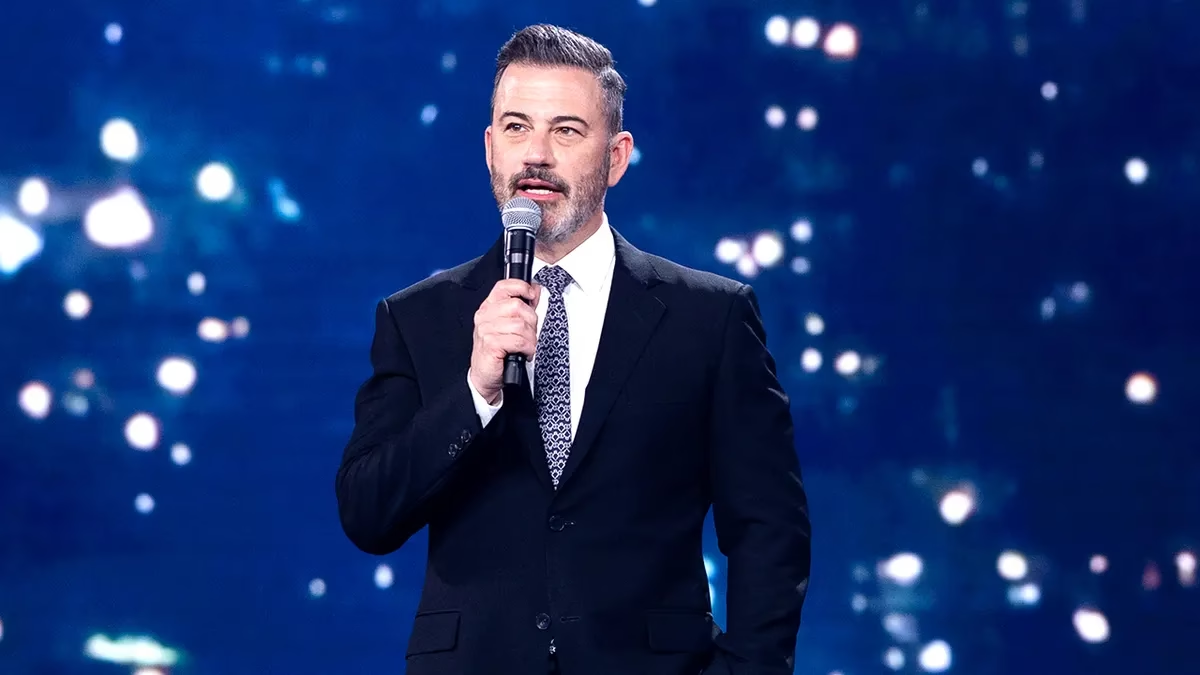
In a sharp and unfiltered remark, U.S. President Donald Trump revealed that Russian President Vladimir Putin has no plans to meet with Ukrainian leader Volodymyr Zelenskyy. Asked why, Trump replied bluntly: “Because he doesn’t like him.”
The candor shocked Washington and European allies, raising questions about whether personal animosity between global leaders could derail already fragile peace efforts. The moment captured headlines worldwide as Trump furious became the defining phrase of the week, encapsulating his exasperation with Moscow’s refusal to engage.
Putin’s Refusal Leaves Diplomacy in Limbo
Trump’s remark underscores the difficulties in building a pathway to peace in Eastern Europe. U.S. officials had hoped that even a symbolic meeting between Putin and Zelenskyy could signal progress. Instead, the Russian leader’s personal disdain has shut the door—for now—on dialogue.
“Diplomacy cannot succeed when personality overrides policy,” one European diplomat told reporters. Trump’s reaction—visibly frustrated, even uncharacteristically candid—highlighted the limits of U.S. influence over Moscow’s decisions.
For Ukrainians, the refusal is yet another setback. Despite international pressure, Kyiv remains isolated from direct talks with Russia’s leadership, while the war grinds on with devastating civilian tolls.
Trump Furious but Shifts Focus to Kim Jong Un
Even as the Trump furious headlines rippled across media outlets, the U.S. president pivoted toward an unexpected diplomatic opportunity: a potential new summit with North Korean leader Kim Jong Un.
Trump reminded reporters of his previous meetings with Kim, calling their relationship “very strong.” He hinted at plans to meet Kim again soon, saying that denuclearisation in the Korean Peninsula remains unfinished business.
This pivot is strategic. By reopening dialogue with Kim, Trump signals to the world that while U.S.–Russia–Ukraine diplomacy falters, other avenues for engagement remain alive.
A Push for Russia–China Denuclearisation Talks
Alongside his renewed interest in North Korea, Trump floated an ambitious idea: bringing Russia and China into broader denuclearisation talks. According to sources, the president wants to create a trilateral dialogue focused on reducing nuclear stockpiles and avoiding a new arms race.
Such talks, however, would face enormous obstacles. Moscow and Beijing remain closely aligned, both skeptical of Washington’s intentions. Still, Trump argued that pursuing dialogue—even with adversaries—is better than drifting toward unchecked escalation.
“We cannot afford another nuclear arms race,” Trump said. “We need conversations—even hard ones.”
Trump Furious Headlines Dominate Global Reaction
The phrase Trump furious has become shorthand for this new chapter in international relations:
- In Washington, lawmakers are divided. Some praised Trump’s honesty in admitting Putin’s personal disdain, while others warned it exposes the weakness of current diplomacy.
- In Europe, leaders expressed disappointment that Putin’s refusal was so bluntly confirmed, fearing it signals even deeper divisions ahead.
- In Asia, attention turned to the Kim Jong Un angle, with South Korea cautiously welcoming any renewed U.S.–North Korea talks but urging “serious steps, not just photo ops.”
Social media amplified the moment. Hashtags like #TrumpFurious and #ZelenskyySnubbed trended globally, reflecting public fascination with the drama of personalities at the highest levels of power.
Why Personalities Matter in Diplomacy
The episode highlights a fundamental truth: global politics is not just about treaties and strategies—it is also about personalities. If one leader “does not like” another, it can freeze dialogue and block pathways to peace.
Trump’s frustration revealed just how fragile international negotiations can be when ego and animosity overshadow policy. His pivot to Kim Jong Un and denuclearisation talks shows an effort to find alternatives, but it also underscores the volatility of relying on personal chemistry in diplomacy.
Looking Ahead
For now, Putin’s refusal to meet Zelenskyy marks a setback in any potential peace roadmap for Ukraine. Trump’s outburst—summed up in the phrase Trump furious—has laid bare the reality that progress is unlikely until the Kremlin changes course.
Meanwhile, attention will shift to whether Trump can deliver a new breakthrough with Kim Jong Un, and whether his ambitious call for Russia–China denuclearisation talks can gain traction.
The world watches, uncertain whether the next headline will be about progress—or another personal clash that leaves diplomacy stalled.



